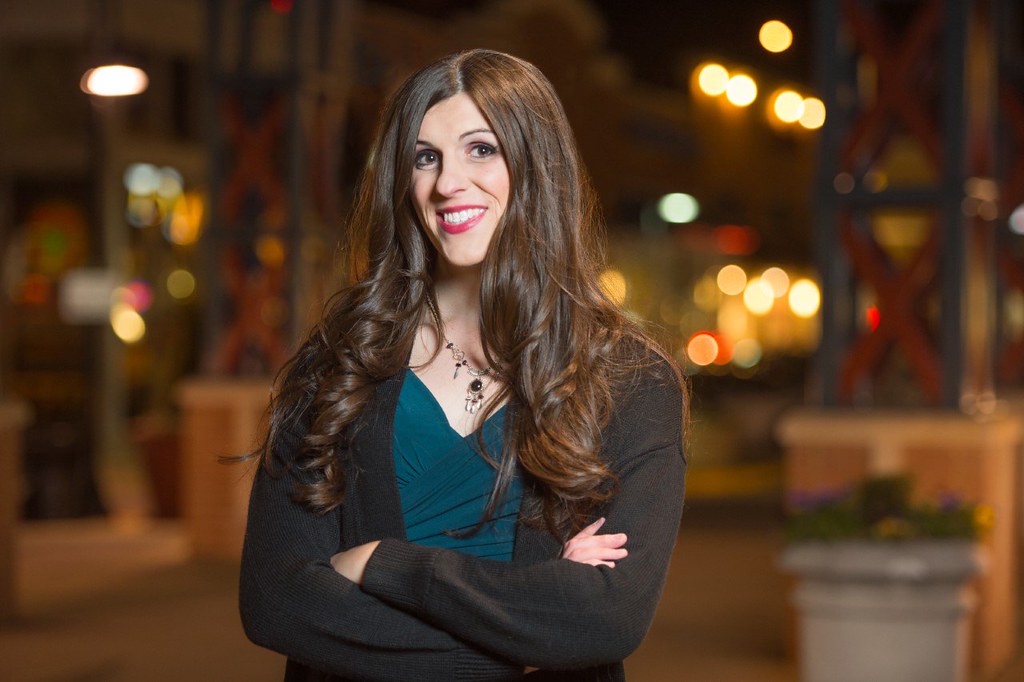
Election Day 2023 contained several surprises – and a few sighs of relief.
In addition to a number of notable wins for members of marginalized groups – including several important U.S. “firsts” – protection of abortion access proved to once again be politically popular among American voters. Indeed, the hot-button issue played a critical role in deciding state-level races in Virginia and a few other states, on what was, overall, a good night for Democratic voters and politicians (despite earlier projections that had signaled Republican wins).
To be sure, there were some progressive losses. For example, Kimberly Mata-Rubio, the mother of Robb Elementary school shooting victim Alexandria Rubio, lost her bid for mayor of Uvalde, Texas. “I’m disappointed, of course, but I’m never going to stop fighting for Lexi,” Mata-Rubio told ABC News. “I’ll be working with [mayor-elect] Cody [Smith] as Lexi’s mom and a citizen of Uvalde to demand accountability in the city.”
And voter turnout overall was low in cities and states across the board – an alarming trend to some experts, when you consider the stakes in local races. “You’re talking about less than a thousand votes making up the difference in any of these elections. Less than 100, frankly, in some,” political strategist O’Brien Murray told CBS News.
But amid all of that, there were several moments worth spotlighting. Below, we’ve summarized some of the biggest results-related headlines from around the country, as we prepare to collectively launch ourselves into the lead-up to Election 2024.
Voters Protect Abortion Access in Ohio
In the Buckeye state, voters opted to enshrine abortion protections into their constitution. It is now the fourth state in the nation to do so, following Michigan, Vermont and California.
This power was given to the people by way of a ballot question around “Issue 1,” which suggested amending the document to ensure everyone in the state could secure “one’s own reproductive medical treatment, including but not limited to abortion,” while restricting the government from “burdening, penalizing or prohibiting” anyone who wished to use that right.
Nearly 57% of Ohioans voted in favor of the measure.
When given the opportunity, voters in the U.S. often opt to protect abortion access. It’s not surprising, since recent polling suggests that a majority of 61% of Americans feel abortion should be legal in all, or at least most, cases. Signs of this could be seen in Kentucky – a state that Donald Trump decisively won in 2020 – where Democrat Gov. Andy Beshear was re-elected after a campaign that criticized his opponent’s conservative abortion views.
Yet Republican lawmakers have repeatedly gone after abortion access with their time and power in office – first with the 2022 Dobbs decision from the U.S. Supreme court that overturned Roe v. Wade, then with a series of limits and bans that have made abortions exceedingly difficult, if not impossible, to access in 25 states overall.
Abortion activists are excited by this Tuesday’s win. At an event for Ohioans United for Reproductive Rights, co-chair Lauren Blauvelt said that “the future is bright, and tonight we can celebrate this win for bodily autonomy and reproductive rights.” Her words, addressed to the crowd assembled to watch the returns, were met with cheers, CNN reports.
Heather Williams, interim president of the Democratic Legislative Campaign Committee, added via her own comment that “Ohio’s resounding support for this constitutional amendment reaffirms Democratic priorities, and sends a strong message to the state GOP that reproductive rights are non-negotiable.”
History Was Made Several Times Over
In Philadelphia, there’s a new mayor – and she’s notable for several reasons. With her win, Cherelle Parker becomes not only the first Black woman to hold the post, but the first woman overall. All 99 previous mayors were men.
As she becomes the historic city’s 100th mayor, the former state representative notes that she’s used to defying the odds. “My life is a textbook on how to turn pain into power,” she said to supporters Tuesday night, PBS affiliate WHYY reports – adding that she has “lived at the intersection of race and gender” for as long as she can remember.
Further south in Virginia, politician Danica Roem made her own history by becoming Virginia’s first openly trans state senator. (Her first win in 2017 was also memorable, as she became the first openly trans state legislator ever elected anywhere in the country that year.)
For Roem, her actions have always taken precedence over her identity, when it comes to her electability. “I’m known nationally for being trans – I’ve never run away from that,” Roem said to The Hill in a recent interview. “At the same time, locally, I got your kids fed. I got your commute fixed. What else is there for me to say?”
Her victory is part of a larger so-called “rainbow wave” that saw a record-breaking number of candidates from the LGBTQ community winning races. In all, 148 out-and-proud politicians claimed victories – more than any other odd-number election year to date, the pro-LGBTQ PAC Victory Fund reports.
“Bigoted politicians attempted to use LGBTQ people as a political weapon, but voters rejected those cynical tactics,” Victory Fund president and former Houston mayor Annise Parker said in a statement. “Tonight, we elected a historic number of LGBTQ candidates who are ready to serve their communities.”
She added: “Equality wins elections – not culture war scare tactics.” ◼



